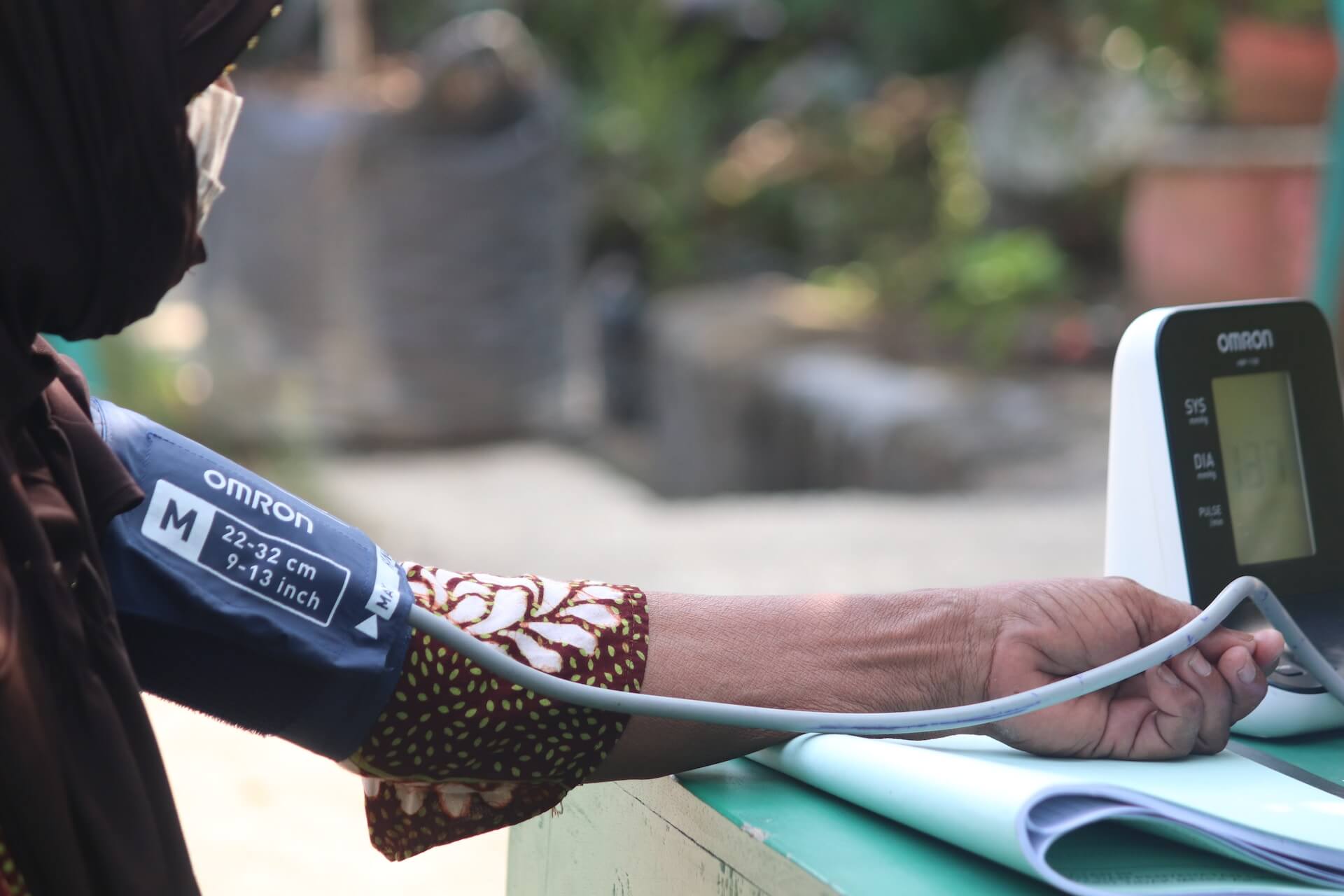
Body + Mind is reader-supported. We may earn an affiliate commission when you buy through some of the links on our site.
Blood pressure refers to the measure of the force the heart uses to pump blood throughout the body. It has two types of measurements — systolic pressure and diastolic pressure. Blood pressure uses millimeters of mercury (mmHg) as a unit.
Blood pressure is categorized into three levels — low, normal and high.
Knowing your blood pressure is essential as it tells your risk for certain diseases and organ damage. For instance, a consistently above-normal blood pressure may lead to a diagnosis of high blood pressure or hypertension. This condition increases the incidence of heart disease and stroke. Similarly, a low blood pressure reading can indicate different conditions, such as Parkinson’s disease or irregular heart rhythms. A normal blood pressure is crucial to live a healthy life.
Globally, 1.28 billion individuals aged 30-79 years are diagnosed with hypertension. It’s a prevalent health condition, yet about 46% of people are unaware they have it. So, what factors contribute to high blood pressure? Here are some of them.
Here are some practical strategies to normalize blood pressure if you have elevated levels most of the time.
Blood pressure and weight have a bidirectional relationship. When your weight increases, so is your blood pressure. Maintain a healthy body-mass index by watching what you eat or cutting down on your meals, incorporating exercise into your routine and improving your lifestyle.
Be conscious of your food choices. Prioritize fresh fruits and vegetables, whole grains and low-fat dairy products. Stick to fruits like watermelon, bananas, berries and kiwis. Based on a study, watermelon juice reduced systolic blood pressure over two hours in healthy adults. Two popular diet patterns that help hypertension are the Mediterranean diet and the Dietary Approaches to Stop Hypertension (DASH) diet.
Introduce physical exercise to have a movement in your life. Whether it’s simply walking, hiking or personalized training through a coach, regular fitness activities can do wonders for your health, including your blood pressure. In one study, swimmer participants who swam for 12 weeks and worked their way up to 45 minutes of swimming workout lowered their systolic blood pressure by an average of nine points.
Constant movement can keep your weight at an ideal limit, make you feel good and help you minimize the risk of hypertension.
The FDA recommends limiting salt intake below 2,300 mg daily or about a teaspoon. Ideally, you’d want to aim for only about 1,500 mg daily. Cut back on salt from your meals to maintain a healthy blood pressure. It’s best if you cook and prepare your own food as you can reduce the amount of sodium. Alternatively, stuff yourself up on potassium. It’s a mineral that blunts the effect of salt and aids you in controlling blood pressure.
The lack of sleep has been associated with several health irregularities, including hypertension. Experts advise to get 7–8 hours of sleep for optimal health. Try to develop a routine and atmosphere conducive to rest. Stick to a sleep schedule. Don’t eat or drink any stimulant like coffee before bed.
Drinking alcohol can narrow the blood vessels and increase your likelihood of developing hypertension. Women can drink one glass or less of a 12-ounce alcoholic beverage with 5% alcohol. Men should cap their alcohol to two drinks or less. Excessive alcohol intake has been linked to many severe illnesses, so it’s best to moderate its quantity.
One study found that heavy smokers elevated their hypertension risk by 50%. Meanwhile, a pattern of both heavy smoking and heavy drinking shoots up the risk of hypertension by 158%.
Smoking is bad for health and is linked to many severe illnesses, including heart disease and lung cancer. If this is part of your lifestyle, find ways to quit. You can consult a therapist to help you change your behavior patterns around using tobacco or any smoking products.
Stress can also trigger your blood pressure to rise. When under pressure, the body releases hormones that can cause symptoms like a rapid heart rate and narrowing of blood vessels. While there’s no concrete evidence stress can lead to a long-term increase in blood pressure, it’s best to learn stress management skills to prevent adverse outcomes.
By teaching yourself to monitor blood pressure at home, you can track your health progress. Blood pressure monitoring devices are easily accessible. Receive training or talk to your doctor about how to use them.
A positive lifestyle is essential to making strides in your health goals. Remember to choose what you eat and drink, exercise, get enough sleep and quit smoking. Enlist a professional’s help if you’re having challenges tweaking your habits. Finally, visit your doctor for regular blood pressure monitoring. Hypertension is easily manageable if you follow the suggestions here.